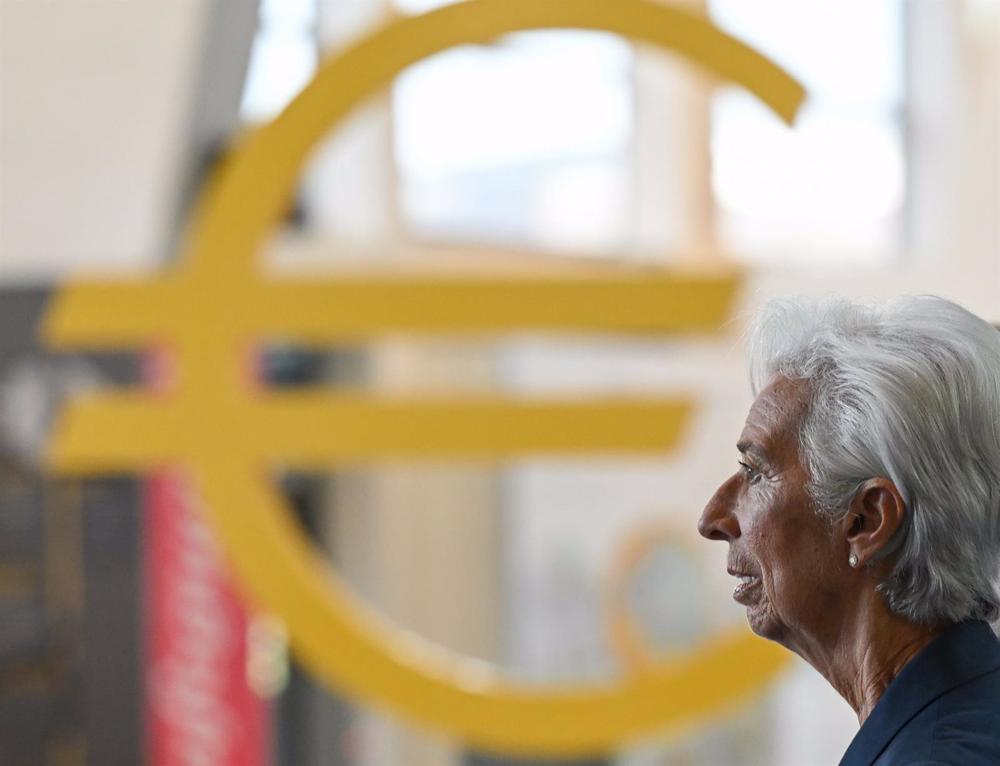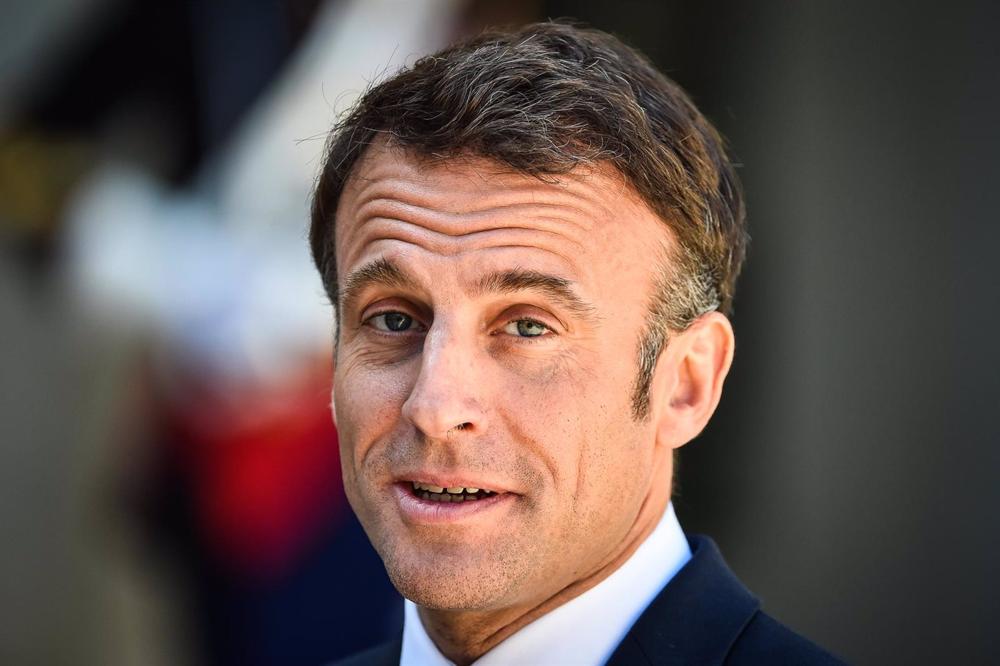
The Governing Council of the European Central Bank (ECB) has decided to raise interest rates again by 75 basis points, so that the interest rate for its refinancing operations will stand at 2%, while the deposit rate will reach 1.50% and the lending rate will be 2.25%.
In this way, the price of money has reached its highest level since January 2009, when the ECB began a path of monetary stimulus that was briefly interrupted in 2011, when they decided to raise the price of money again for a few months.
The ECB Governing Council has stressed that with this third consecutive rate hike it has made «considerable progress in reversing the accommodative monetary policy stance.» Despite this, the monetary authority still plans to continue raising rates to bring inflation back to the 2% target.
The issuing institute has maintained its view that inflation «remains excessively high». Furthermore, it has justified that its monetary policy of raising rates «is aimed at reducing support for demand and providing protection against the risk of a persistent upward shift in inflation expectations».
Separately, the ECB plans to recalibrate the terms and conditions of its third targeted long-term refinancing operations program (TLTRO III) to ensure that it is consistent with the process of monetary normalization. The ECB will offer banks to adjust the applicable interest rates, whereby from November 23 the average ECB interest rate applicable during the period will apply. In this regard, it will offer banks new dates for early repayment of the amounts lent.
Furthermore, in order to align the remuneration of the minimum reserves required by the ECB from credit institutions with the current state of money market conditions, the ECB has set the remuneration of these reserves at the deposit rate.
The ECB has recalled that it will continue to reinvest the principal of maturing debt that has been purchased under the Pandemic Purchase Program (PEPP) until the end of 2024. On its side, the reinvestments of the public asset program (APP) will be maintained for an «extended» period of time since the ECB started raising rates (July).
INFLATION AND GDP The euro zone’s gross domestic product (GDP) registered a quarter-on-quarter increase of 0.8% in the second quarter of 2022, one tenth more than in the previous three months, according to the latest data published by Eurostat, the EU’s statistical office.
On the other hand, prices recorded an inflation rate of 9.9% in September, eight tenths of a percentage point higher than in the previous month, due to the increase in energy and food prices, marking its maximum since historical records have been kept.
Likewise, the year-on-year underlying inflation rate of the countries that have adopted the euro as their common currency, which is the result of excluding from the calculation the evolution of energy, fresh food, alcohol and tobacco prices, rose by five tenths of a percentage point to 4.8%.
With regard to unemployment, the August rate for the euro zone, the latest available, remained unchanged at 6.6%. In the EU as a whole, unemployment stood at 6%, also the same figure as the previous month.
The next meeting of the Governing Council of the body responsible for monetary policy in the eurozone will be held on December 15, 2022.






